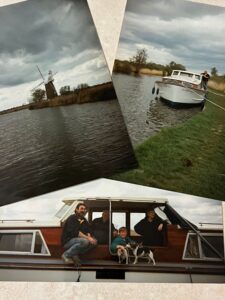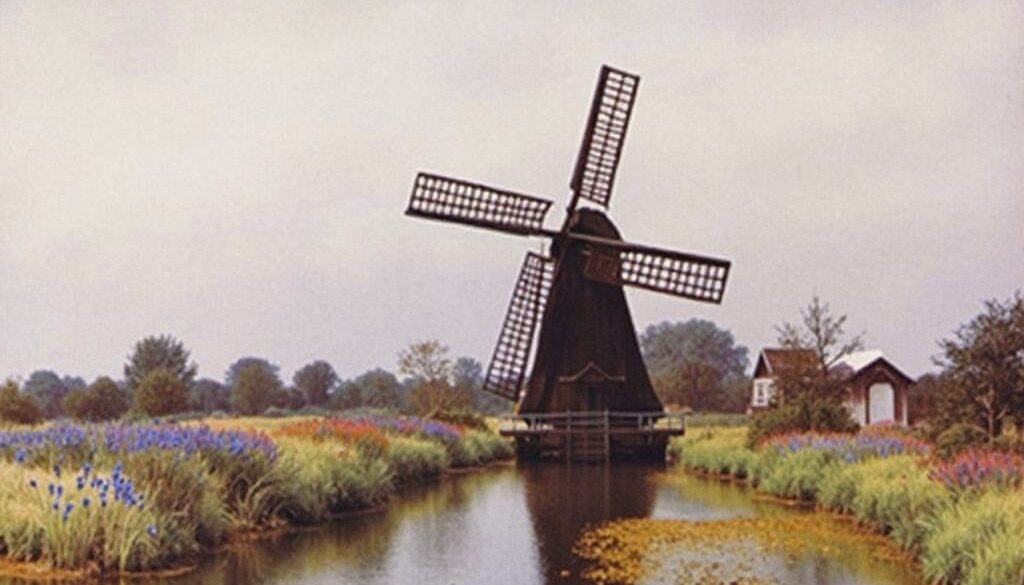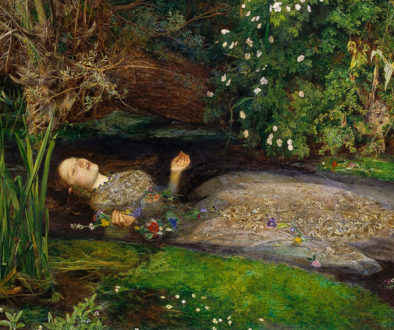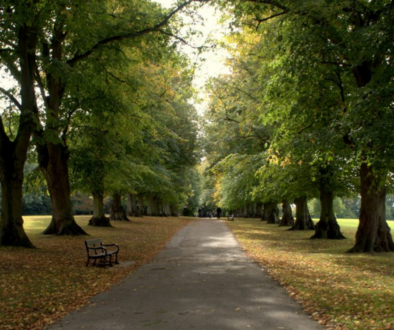Norfolk Broads
For some reason, I feel at home on water – even amid turbulent swells. In my late teens and early twenties, this was my home, a place where I explored nature’s quiet bounty. There’s nothing as peaceful as punting along in a cruiser on the flat of the Norfolk Broads. It’s a relatively overlooked destination, with its grey skies, rolling green fields, and seemingly unremarkable views—unless you count the occasional water or windmill. But what it lacks in spectacle, it more than makes up for in old-world charm—many an inspiring song has been sung on these waters, carried by the gentle lapping of waves against the hull.
 The Broads hold a stillness that isn’t quite silence—a quiet hum of nature that becomes a companion rather than a distraction. Nature whispers her secrets to the wind, the slow chug of an engine breaks the monotony, and a distant gull cries its lonely song. The world moves differently here—unrushed, unbothered by modern urgency.
The Broads hold a stillness that isn’t quite silence—a quiet hum of nature that becomes a companion rather than a distraction. Nature whispers her secrets to the wind, the slow chug of an engine breaks the monotony, and a distant gull cries its lonely song. The world moves differently here—unrushed, unbothered by modern urgency.
Perhaps that’s what draws me back, time and time again, to my home county of Norfolk—the pull of a homebound bird, longing to fold its wings around the land in a protective embrace, as if returning from a long migration.
This place remains untouched by the sun’s harsh gaze, a refuge in a world increasingly plagued by fire and flood (Rev 11:18). Here, time bends to the water’s flow, neither past nor future pressing too hard. A good stretch of river, a thermos of your favorite drink, and the knowledge that there’s nothing to do but drift—there’s a kind of poetry in that.
The old boatyards and weathered inns, where the scent of damp wood and old ale mingle, feel like relics of a past stubbornly refusing to fade. Conversations here are unhurried, voices softened by years spent under brooding skies. The locals, as pragmatic and warm as their tousled dogs dozing by the fire, tell stories that flow like the rivers themselves—winding, deep, and often amusing.
It’s not grand, nor particularly remarkable. But the Broads don’t need grandeur. They offer something rarer: a place to simply be, with nothing but water, wind, and time for company.
Perhaps I’ll return once more…
An Inconvenient Truth
Compared to 20 years ago, when Al Gore released his “An Inconvenient Truth” movie to educate people about global warming only to be met with general skepticism – now according to multiple scientific studies and consensus reports, an overwhelming majority of scientists, around 97% to 99.9%, agree that climate change is happening and is primarily caused by human activity.
But it was John, the disciple of Jesus, who first foretold the inevitable crisis of our time nearly two thousand years ago. In the 1st century, he wrote these prophetic words in Revelation 11:18: “But the nations became wrathful, and your own wrath came, and the appointed time came… to bring to ruin those ruining the earth.”



